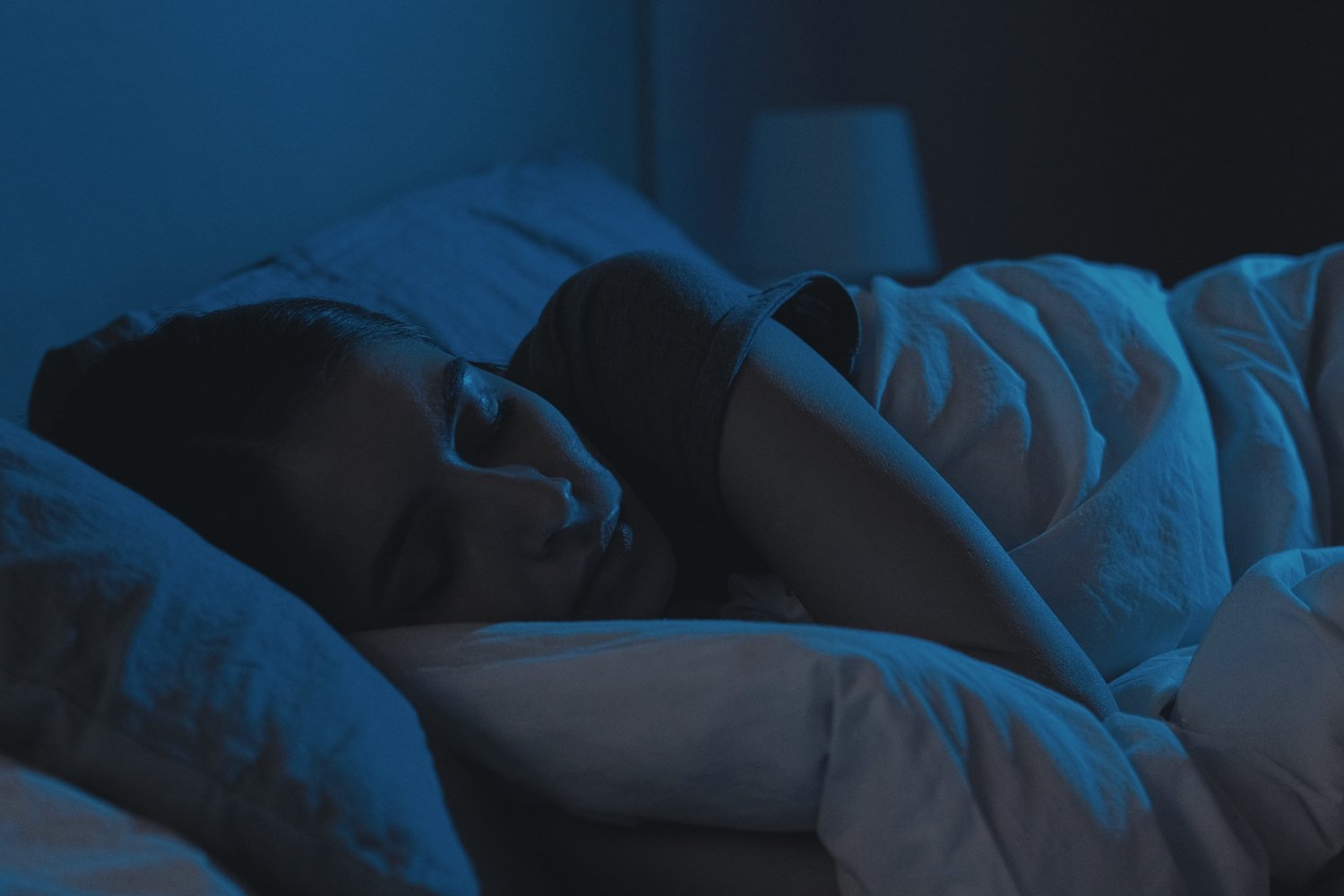Remembering dreams is a common experience, yet the ability to recall them varies significantly. Why do some people vividly remember their dreams while others struggle to recall even fragments? A recent study published in Communications Psychology sheds light on the factors that contribute to “morning dream recall.” This research explores how personal attitudes, cognitive traits, and sleep patterns interact to influence our ability to remember dreams upon waking.
A team of Italian researchers conducted a four-year study involving over 200 participants aged 18 to 70. Participants wore sleep-monitoring wristwatches for 15 days and documented their dreams. They also completed questionnaires assessing their interest in dreams, distractibility, anxiety levels, and other personal traits.
The study revealed a wide range of dream recall abilities. Several factors emerged as potential influencers. Individuals with a positive attitude towards dreams and a penchant for daydreaming exhibited higher dream recall frequency. Interestingly, the season also played a role, with spring showing a higher overall recall rate compared to winter. This finding suggests external factors may influence dream recall.
Sleep patterns also correlated with dream recall. Participants who experienced more light sleep tended to remember their dreams more frequently. This observation aligns with previous research linking REM sleep, a stage characterized by vivid dreams, with light sleep. Younger individuals generally demonstrated better dream recall compared to older participants.
Older participants frequently reported “white dreams”—the sensation of having dreamt without recalling the content. The researchers suggest these represent genuine dream experiences where memories fade upon waking. Further investigation into white dreams could offer valuable insights into age-related changes in memory and sleep architecture.
The study’s reliance on self-reported dream experiences introduces potential biases. However, the identified factors offer a valuable starting point for understanding the complex interplay of elements influencing dream recall. This research contributes significantly to our understanding of dreaming, a fundamental brain function that continues to intrigue scientists.
The study’s findings hold implications for mental health research. By understanding the factors influencing dream recall, researchers can explore the potential role of dreams in psychological well-being. Further research using this study’s data as a baseline for comparison with clinical populations could unveil potential diagnostic and prognostic value in pathological dream alterations.
This research highlights the multifaceted nature of dream recall, moving beyond mere chance to a complex interplay of personal attributes, cognitive processes, and sleep dynamics. The findings open new avenues for investigating the role of dreams in human consciousness and mental health, offering a deeper understanding of this enigmatic aspect of human experience.










